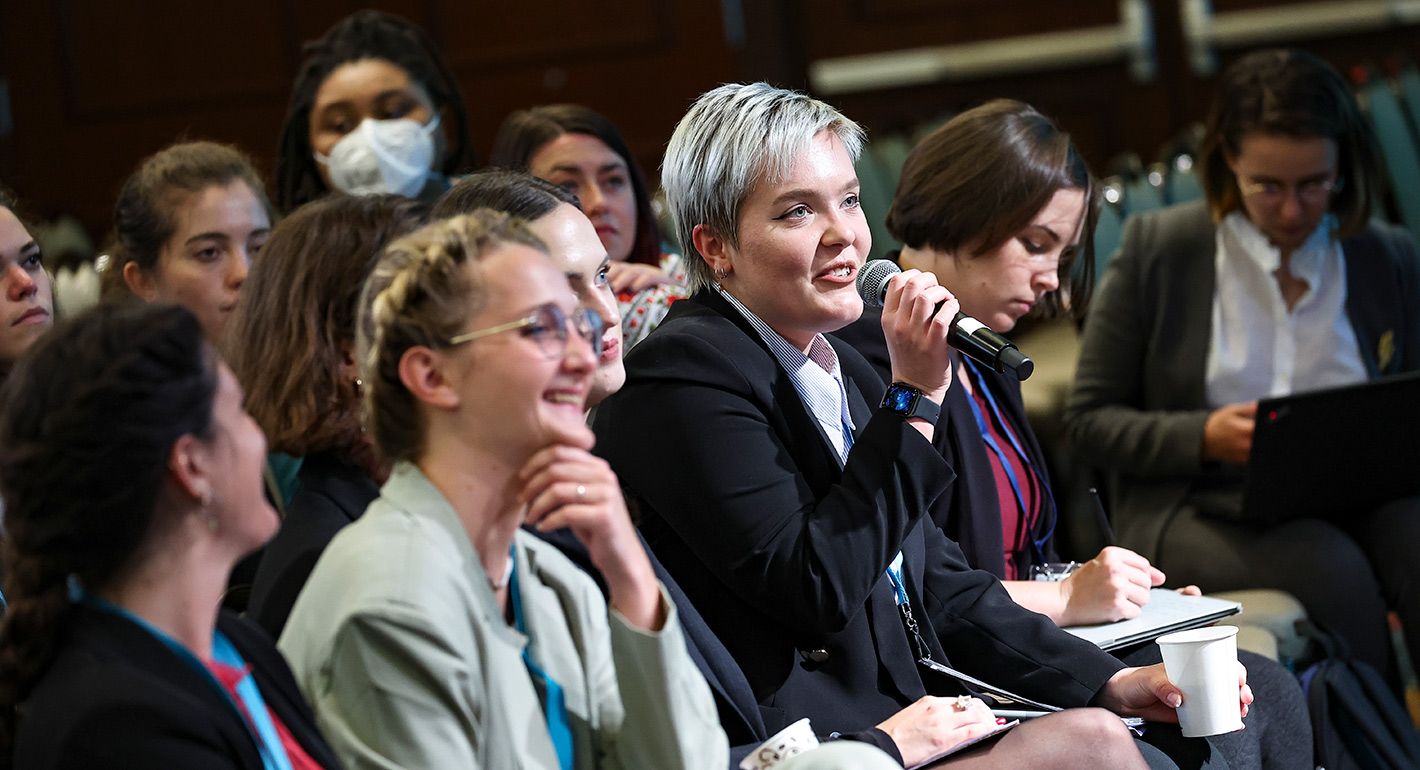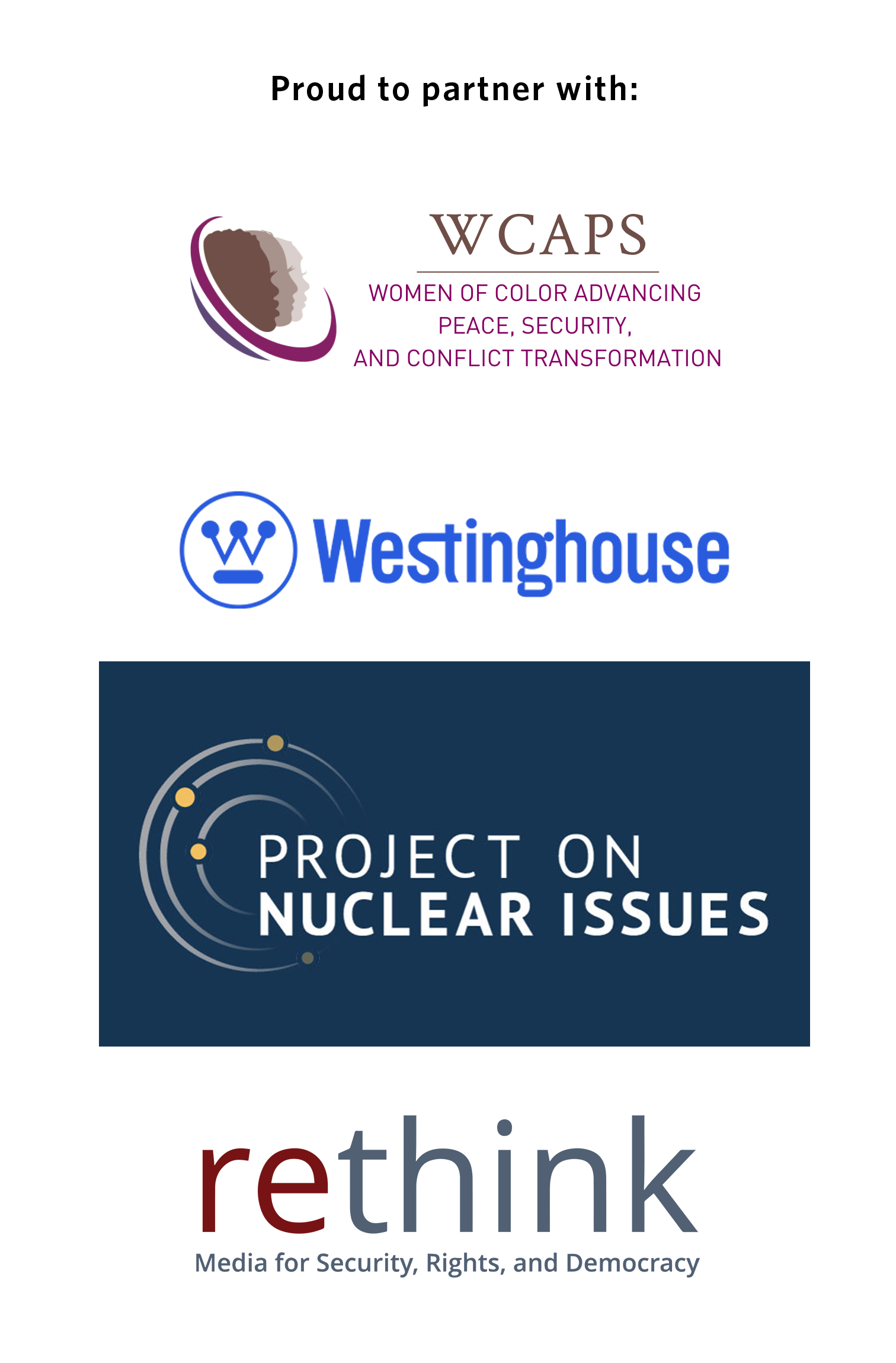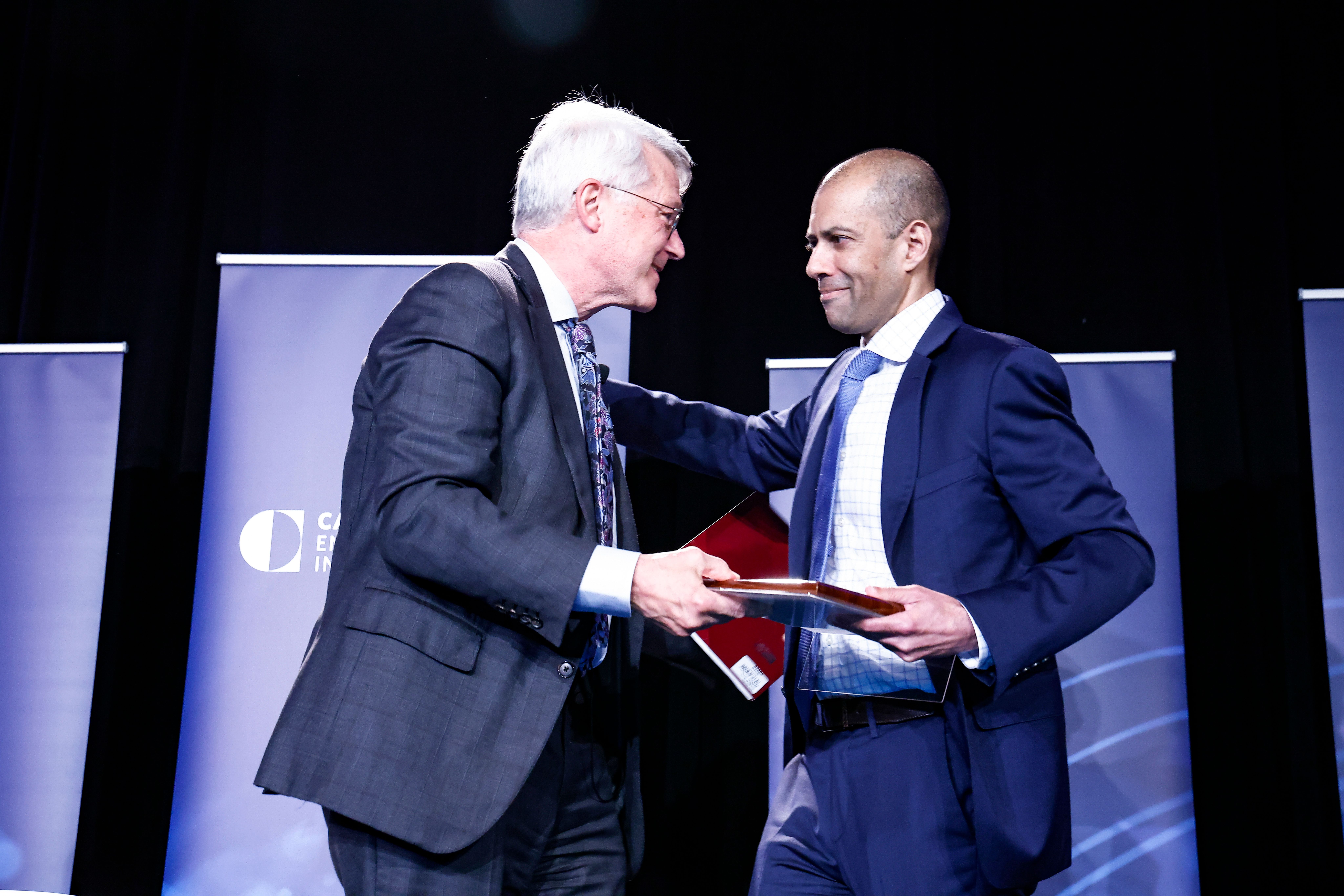Plenary Sessions
The Three-Body Problem: Does U.S. Nuclear Posture and Strategy Need to Change?
Since the dawn of the nuclear age, the United States’ nuclear posture and strategy have been
focused on one adversary: the Soviet Union, and its successor, Russia. Today, however, the rapid
growth in China's nuclear arsenal and a deepening partnership between Moscow and Beijing—all
occurring against the backdrop of growing geopolitical tensions—have catalyzed a debate about
the need for change. What adaptations to the United States’s force size, force structure, and
targeting policy are currently being discussed? What are the implications of possible changes
for deterring adversaries, assuring allies, conflict escalation, arms racing, nonproliferation,
and disarmament? Are major changes to the United States' nuclear forces feasible given
limitations in its defense industrial base, and what would be the trade-offs to achieving
them?
MORE >
Careers in Nuclear Policy
Young professionals in the nuclear field face an evolving landscape. On top of the
long-standing challenge of navigating the early stages of a career, young professionals also
face rapid policy shifts and the many impacts of the rapidly transforming global nuclear order.
How might they best navigate these systemic shifts? What skills, techniques, and approaches have
established nuclear professionals used to develop expertise and build their profiles? How can
young professionals adapt them to current circumstances?
Panelists
Wendin Smith
Associate Administrator and Deputy Under Secretary for Counterterrorism and Counterproliferation, National Nuclear Security Administration
Renata Hessmann Dalaqua
Head of the Gender and Disarmament Programme, United Nations Institute for Disarmament Research
Nomsa Ndongwe
Research Fellow, James Martin Center for Nonproliferation Studies
Moderator
Lindsay Rand
Postdoctoral Fellow, Stanford Center for International Security and Cooperation
MORE
>
Breakout Sessions
A Return to Nuclear Testing? Reimagining Nuclear Futures
As geopolitical tensions rise, renewed nuclear testing threatens decades
of progress in arms control. This WCAPS session explores the historical,
scientific, and societal impacts of nuclear tests, focusing on
marginalized communities, including Indigenous populations. Panelists
will examine intersections of nuclear policy with public health,
environmental justice, and global equity, challenging participants to
envision pathways prioritizing disarmament, nonproliferation, and
equitable security. Through innovative policy solutions and
community-driven advocacy, the session reimagines a future of
sustainable global peace, avoiding the destructive practices of the
past.
Moderator
Nola Haynes
West Coast Director, Women of Color Advancing Peace, Security, and Conflict Transformation
Panelists
Sara Haghdoosti
Executive Director, Win Without War
Mareena Robinson Snowden
Senior Engineer, Johns Hopkins University Applied Physics Laboratory
Nancy Okail
President and CEO, The Center for International Policy
MORE
>
Ukraine Crisis Simulation
The Project on Nuclear Issues’ “On the Nuclear Brink” escalation
management tabletop exercise (TTX) allows players to explore escalation
dynamics and deterrence concepts through fictional crises set in
real-world geopolitical hot spots. In the latest edition of the TTX,
players navigate a fictional crisis set during the war in Ukraine.
Participants are tasked with maintaining the cohesion of U.S. alliances
and protecting U.S. interests while managing escalation risks. The TTX
consists of three turns where players must select responses to Russian
activity and global events. The outcome of the crisis varies widely
depending on the choices made by the player and ranges from backchannel
talks to nuclear weapons use.
MORE
>
Emerging Technologies and Nuclear
Energy
After decades of uncertainty, the nuclear industry now stands on the edge of immense
opportunities and changes. Renewed political will and new stakeholders are providing tailwinds
for a significant expansion of nuclear power. This session will look at new and emerging nuclear
reactor technologies and novel deployment models that are challenging the status quo. We will
explore what this means for stakeholders and their obligations under global export regimes and
verification requirements, and the need for closer industry collaboration with all stakeholders
to make the potential a reality.
MORE >
Skills-Building Sessions
Creating Lasting Impact: Media and Public Communication for Early-Career Nuclear
Experts
While the nuclear policy community urgently needs fresh ideas and perspectives, early-career
professionals often struggle to establish a public voice in today’s fast-moving information
landscape. This interactive session will provide attendees with tools to translate academic
research into compelling messaging, build relationships with journalists, and position
themselves as expert sources. Participants will gain insights into what editors seek in op-ed
submissions and leave with the confidence to engage with key media outlets in the nuclear field.
Led by communications experts from ReThink Media’s Peace and Security Collaborative, this
workshop will help participants strengthen their media skills and build a stronger professional
profile.
MORE >
IAEA Inspector for a Day: Nuclear Material Verification
Mission
In this realistic hands-on exercise, participants will gain an understanding of what IAEA
(International Atomic Energy Agency) inspectors do to verify nuclear material in a nuclear fuel
cycle facility. These kits were designed to be portable and are used around the world to train
nuclear regulator’s inspectors. There are two kits. One represents a bulk facility (powder in
cans). The second represents a research reactor (pellets in fuel rods). Participants will be
divided into teams with specific assignments to complete their IAEA verification mission at each
facility. This includes potentially detecting and resolving any discrepancies in their
inventories.
MORE >



